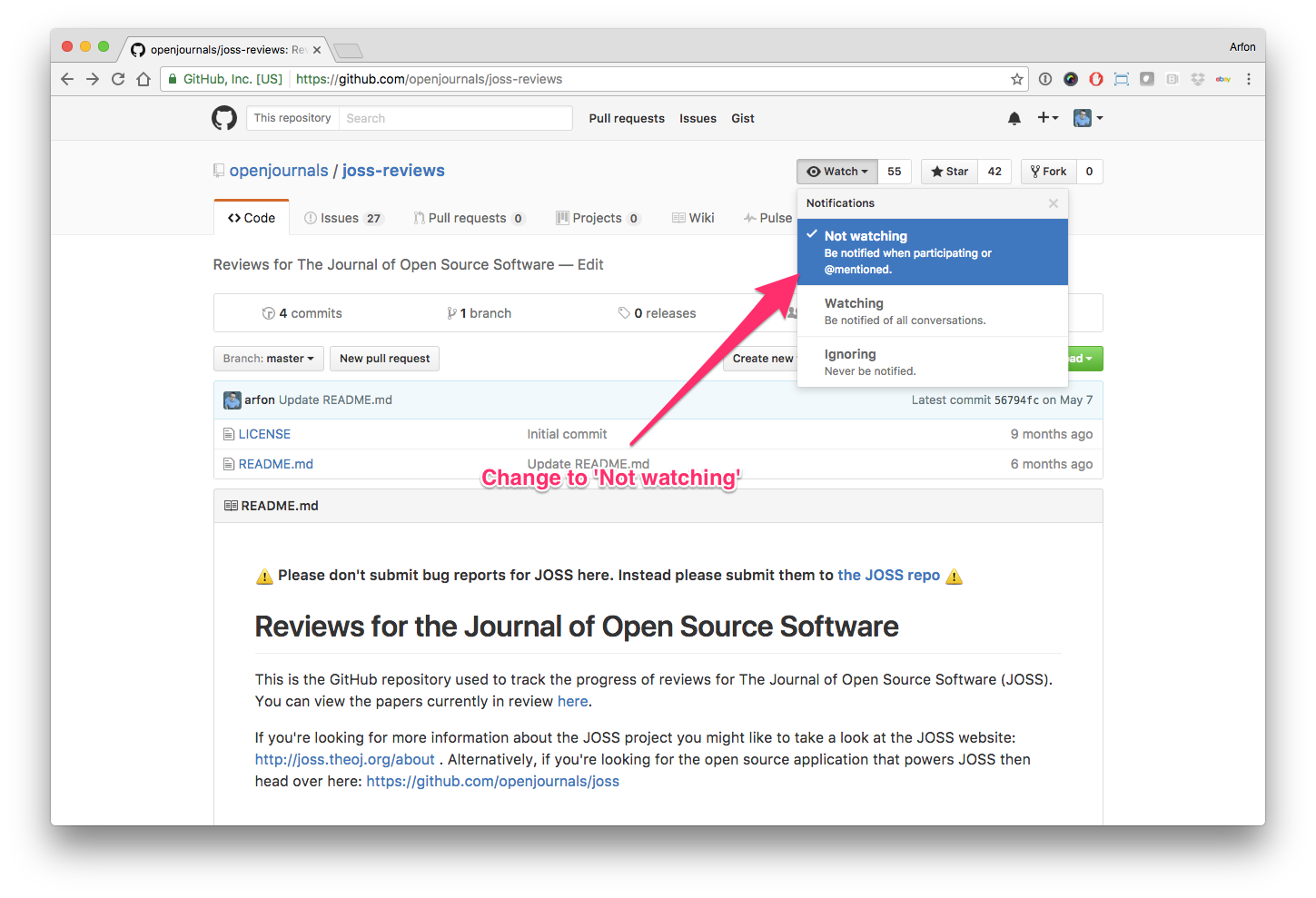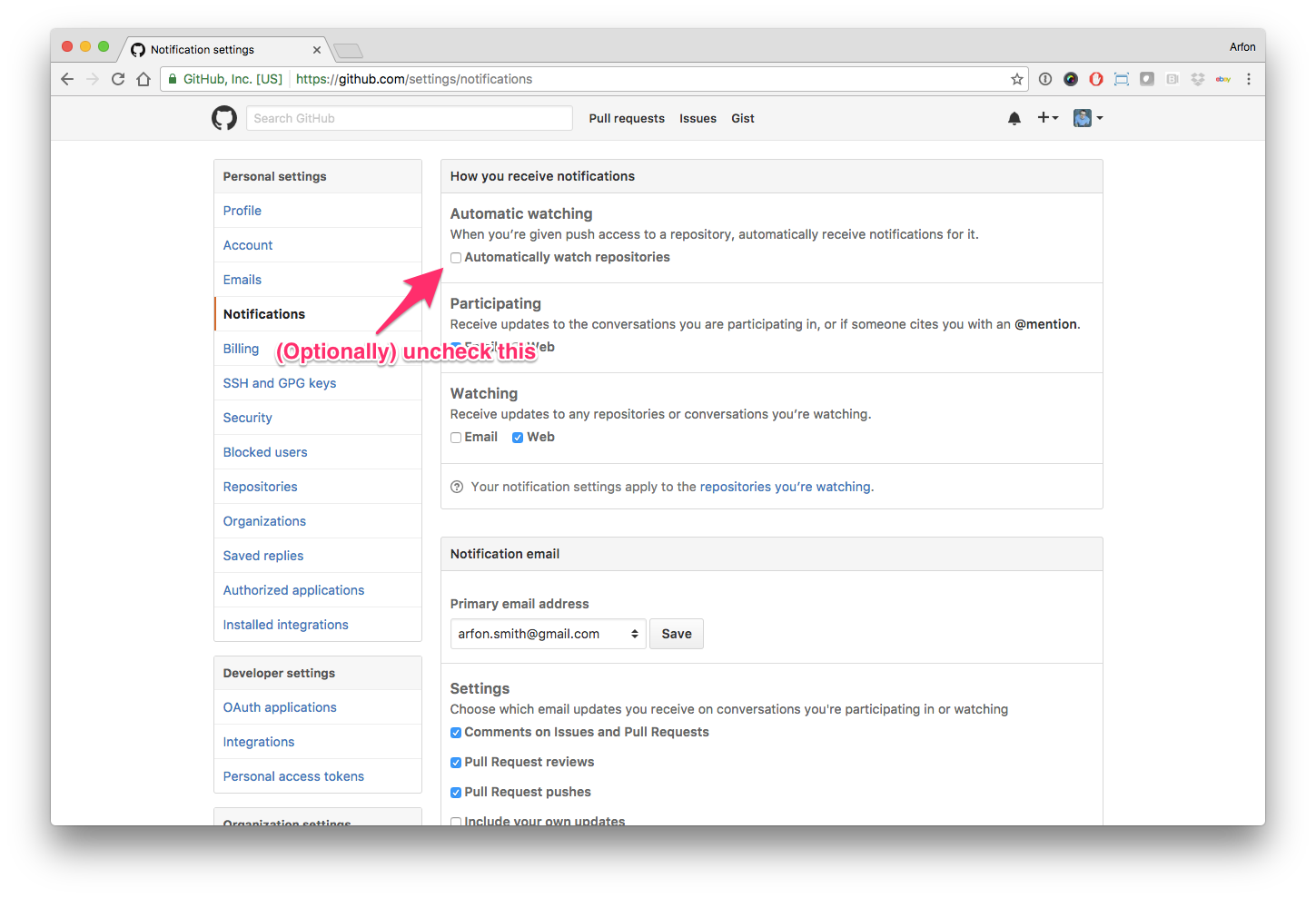Join GitHub today
GitHub is home to over 40 million developers working together to host and review code, manage projects, and build software together.
Sign up[REVIEW]: Pooch: A friend to fetch your data files #1943
Comments
This comment has been minimized.
This comment has been minimized.
|
Hello human, I'm @whedon, a robot that can help you with some common editorial tasks. @hmaarrfk, @martindurant it looks like you're currently assigned to review this paper If you haven't already, you should seriously consider unsubscribing from GitHub notifications for this (https://github.com/openjournals/joss-reviews) repository. As a reviewer, you're probably currently watching this repository which means for GitHub's default behaviour you will receive notifications (emails) for all reviews To fix this do the following two things:
For a list of things I can do to help you, just type: For example, to regenerate the paper pdf after making changes in the paper's md or bib files, type: |
This comment has been minimized.
This comment has been minimized.
|
This comment has been minimized.
This comment has been minimized.
|
This comment has been minimized.
This comment has been minimized.
|
This comment has been minimized.
This comment has been minimized.
This comment has been minimized.
This comment has been minimized.
|
As I think you know you, your job now is go through the paper and repository and check off boxes in your checklist Also please be sure to read the prior comments in this issue |
This comment has been minimized.
This comment has been minimized.
|
Also, thanks for agreeing to review! |
This comment has been minimized.
This comment has been minimized.
|
What is the usual timeframe for this process? |
This comment has been minimized.
This comment has been minimized.
|
normally a couple of weeks for the initial passes is requested, but with the December holidays, a bit longer is fine |
This comment has been minimized.
This comment has been minimized.
|
Note that the links are not clickable in the github-rendered version of the PDF, only in the download. This is doubtless not a fault of the authors. I find that the paper does indeed convey that Pooch exists, is and says how and when it might be used. It completes the purpose, therefore, of submitting to JOSS. I am still disappointed by the comparison with the rest of the field and Intake in particular. Obviously, again, I am biased here and perhaps some of the points that follow have more to do with Intake's documentation than with Pooch's, and I do not insist on any changes. However:
|
This comment has been minimized.
This comment has been minimized.
|
Looks good. I think a few numbers and facts can be given to accentuate the impact of the paper.
Paragraph 2:
Paragraph 3:
Paragraph 4:
Paragraph 5:
|
This comment has been minimized.
This comment has been minimized.
|
Truthfully, if pinged, I will accept for JOSS, but I think a few extra words could go a long way. |
This comment has been minimized.
This comment has been minimized.
Yes, this is a function of GitHub - and some of the links in the paper will not fully work until the paper is closer to being accepted, such as the link to the archived software. |
This comment has been minimized.
This comment has been minimized.
|
Thanks @martindurant & @hmaarrfk! It looks to me like a bit more work would really help this paper, particularly in terms of the state of the field part. Also, I notice both of you have not checked off the functionality box - Can you let us know what you think is still needed to enable you to check this off? |
This comment has been minimized.
This comment has been minimized.
|
I would like a checkbox for |
This comment has been minimized.
This comment has been minimized.
|
I'm confused by your comment. The software paper section includes
This is intended to ask if the paper sufficiently describes the functionality of the software at a high-level. The functionality section includes
This is intended to ask if the software does what it says it does. Can you explain what you would like again? |
This comment has been minimized.
This comment has been minimized.
|
I guess the question is: Do you want a deeper discussion of the functionality in the paper for a more technical audience as well? If so, some of the comments I made refer to that. |
This comment has been minimized.
This comment has been minimized.
|
JOSS papers are not intended to be long, and they are really intended to support/introduce the software itself and its documentation, so the paper should be more of a high-level introduction to what the software does, and the software documentation should include the deeper discussion |
This comment has been minimized.
This comment has been minimized.
|
@hmaarrfk - To continue our discussion, if the functionality of the software is as claimed, please check off the functionality box. If you have further thoughts on the software paper or documentation, let's talk about them as well. |
This comment has been minimized.
This comment has been minimized.
|
|
This comment has been minimized.
This comment has been minimized.
|
(just to reiterate: my comments were friendly suggestions only, and if the authors decide not to change anything, they are welcome to say so) |
This comment has been minimized.
This comment has been minimized.
|
@martindurant @hmaarrfk thank you for the reviews! They are all appreciated and I'll provide detailed replies soon.
@martindurant your comments are more than welcome and that is precisely why I suggested you as a reviewer |
This comment has been minimized.
This comment has been minimized.
@martindurant I had seen fsspec while investigating Intake but to be honest, I didn't understand that this is what it does after reading the README or the documentation front page. In hind sight, I should have dug deeper as using fsspec would have simplified some of the work we did on Pooch. You're right that fsspec is a much more flexible and comprehensive tool and people should definitely use it if they need this flexibility. What Pooch offers is a more limited scope and because of that it's probably easier to understand for non-specialists. I'll include a section about fsspec in the paper as well.
Right, that is what we meant but didn't do a good job in conveying it in the text. Sorry about that. I'll revise this part to make it clear that you only need this for non-standard formats.
I'll make sure to mention more of this in the text. We should probably also include something like this in the documentation pointing people to Intake if they need these other features.
I completely agree. This has come down to a lack of time on my part to invest in really learning Intake. I'm happy to keep the door open for collaboration but given the time constraints it can't be a priority of mine (but that doesn't mean someone else couldn't take this on).
Right now, Pooch is pretty much a finished product since it solves the problem we initially set out to solve. But it would make a lot of sense to replace our download code with fsspec in the future and use it as our backend. That way, we can contribute back new backends to fsspec instead. |
This comment has been minimized.
This comment has been minimized.
|
Hopefully all reviewer comments have been addressed in fatiando/pooch#132 and fatiando/pooch#134 |
This comment has been minimized.
This comment has been minimized.
|
@whedon generate pdf |
This comment has been minimized.
This comment has been minimized.
This comment has been minimized.
This comment has been minimized.
|
|
This comment has been minimized.
This comment has been minimized.
|
yes, all go |
This comment has been minimized.
This comment has been minimized.
|
@hmaarrfk - your opinion please? |
This comment has been minimized.
This comment has been minimized.
|
Just waking up. Good on my end. I was following up in their repo and tracking there progress there |
This comment has been minimized.
This comment has been minimized.
I can then move forward with accepting the submission. Please also proofread the submission, including the references, which I will also do. |
This comment has been minimized.
This comment has been minimized.
|
@danielskatz will do. Just waiting on any editorial fixes to the paper before releasing and archiving. |
This comment has been minimized.
This comment has been minimized.
|
The only things I see are potentially that some of the "python"s in reference titles could be "Python"s instead. |
This comment has been minimized.
This comment has been minimized.
|
@whedon generate pdf |
This comment has been minimized.
This comment has been minimized.
This comment has been minimized.
This comment has been minimized.
|
Should be fixed now. The bibtex was poorly formatted. |


Submitting author: @leouieda (Uieda, L)
Repository: https://github.com/fatiando/pooch
Version: v0.7.0
Editor: @danielskatz
Reviewer: @hmaarrfk, @martindurant
Archive: Pending
Status
Status badge code:
Reviewers and authors:
Please avoid lengthy details of difficulties in the review thread. Instead, please create a new issue in the target repository and link to those issues (especially acceptance-blockers) by leaving comments in the review thread below. (For completists: if the target issue tracker is also on GitHub, linking the review thread in the issue or vice versa will create corresponding breadcrumb trails in the link target.)
Reviewer instructions & questions
@hmaarrfk & @martindurant, please carry out your review in this issue by updating the checklist below. If you cannot edit the checklist please:
The reviewer guidelines are available here: https://joss.readthedocs.io/en/latest/reviewer_guidelines.html. Any questions/concerns please let @danielskatz know.
Review checklist for @hmaarrfk
Conflict of interest
Code of Conduct
General checks
Functionality
Documentation
Software paper
Review checklist for @martindurant
Conflict of interest
Code of Conduct
General checks
Functionality
Documentation
Software paper